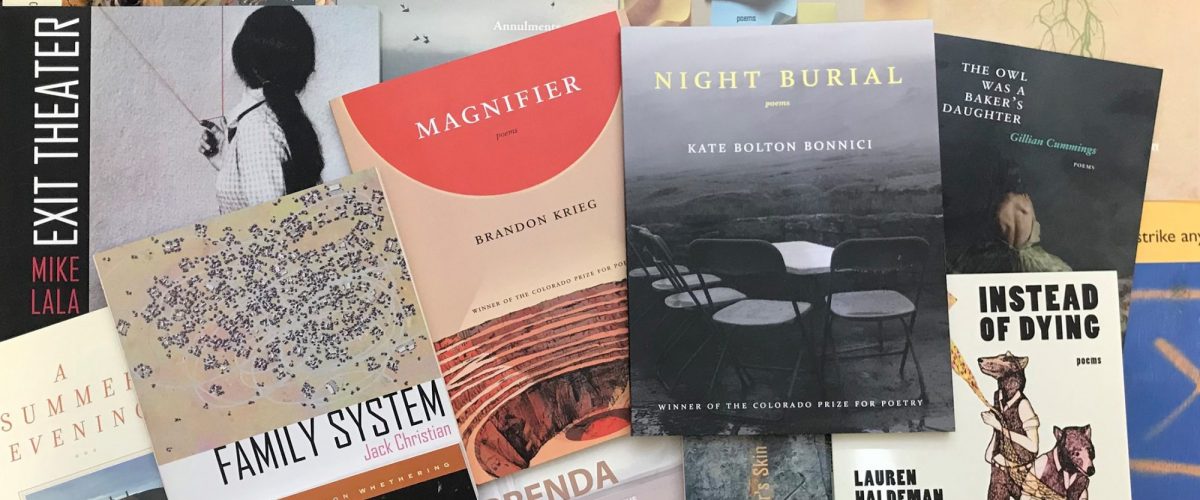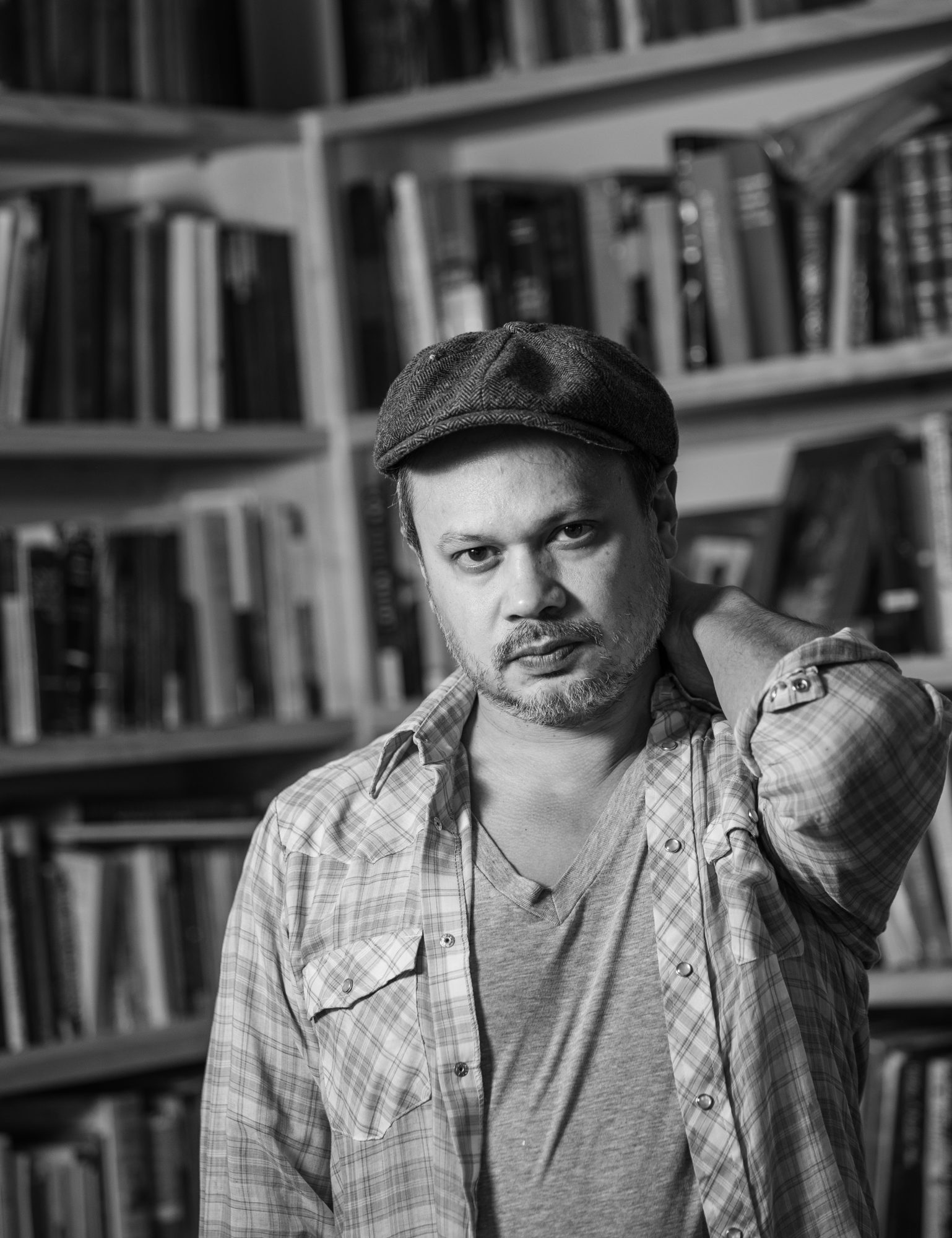Learn about the Colorado Prize for Poetry book contest

The Colorado Prize for Poetry is an international poetry book manuscript contest established in 1995. Each year’s prizewinner receives a $2,500 honorarium and publication of his or her book by the Center for Literary Publishing.
 The Colorado Prize for Poetry adheres to the following Contest Code of Ethics, as adopted by the Council of Literary Presses and Magazines, of which the Center for Literary Publishing is a longtime member: “CLMP’s community of independent literary publishers believes that ethical contests serve our shared goal: to connect writers and readers by publishing exceptional writing. We believe that intent to act ethically, clarity of guidelines, and transparency of process form the foundation of an ethical contest. To that end, we agree to 1) conduct our contests as ethically as possible and to address any unethical behavior on the part of our readers, judges, or editors; 2) to provide clear and specific contest guidelines — defining conflict of interest for all parties involved; and 3) to make the mechanics of our selection process available to the public. This Code recognizes that different contest models produce different results, but that each model can be run ethically. We have adopted this Code to reinforce our integrity and dedication as a publishing community and to ensure that our contests contribute to a vibrant literary heritage.”
The Colorado Prize for Poetry adheres to the following Contest Code of Ethics, as adopted by the Council of Literary Presses and Magazines, of which the Center for Literary Publishing is a longtime member: “CLMP’s community of independent literary publishers believes that ethical contests serve our shared goal: to connect writers and readers by publishing exceptional writing. We believe that intent to act ethically, clarity of guidelines, and transparency of process form the foundation of an ethical contest. To that end, we agree to 1) conduct our contests as ethically as possible and to address any unethical behavior on the part of our readers, judges, or editors; 2) to provide clear and specific contest guidelines — defining conflict of interest for all parties involved; and 3) to make the mechanics of our selection process available to the public. This Code recognizes that different contest models produce different results, but that each model can be run ethically. We have adopted this Code to reinforce our integrity and dedication as a publishing community and to ensure that our contests contribute to a vibrant literary heritage.”
Current Winner

We are very pleased to announce that Nicholas Gulig's The Other Altar has been selected by final judge Brenda Shaughnessy as the winner of the 2024 Colorado Prize for Poetry. His book will be published by The Center for Literary Publishing at Colorado State University in November 2024.
Nicholas Gulig is a Thai-American poet from Eau Claire and is the current Wisconsin Poet Laureate. The author of North of Order (YesYes Books) and Orient (CSU Poetry Center), he currently works as an Associate Professor at the University of Wisconsin-Whitewater and lives in Fort Atkinson with his wife and two daughters.
Submission Guidelines
Contest Procedures
When your manuscript arrives (if you submit by mail), it is logged into our Colorado Prize database by our office assistant. The top cover sheet (with your name and address) is removed and filed away until the contest is over. Identities of authors submitting their manuscripts online are not visible to any of the judges.
Once all the entries have been received--whether paper or electronic--and the authors’ identities removed, they are divided among six to eight (depending on the total number of entries received) outside preliminary judges; the Center does not use interns to judge for this contest. Each preliminary judge will select three to four manuscripts (depending on the number of preliminary judges we require), for a total of twenty to twenty-four finalists. If a judge recognizes the work of a colleague, student, or friend, he or she contacts the Center and that manuscript is sent to another judge.
The final judge then receives the finalists from which to select the winner. If the final judge wishes to see additional manuscripts from the preliminary judges, he or she may request them; the judge is not, however, permitted to request specific manuscripts. Friends, colleagues, and students (current or former) of the judge are not eligible to compete, and the judge agrees to refrain as well from selecting any manuscript that presents a conflict of interest (selecting, for example, a manuscript he or she has helped to develop)
Frequently Asked Questions
If your question hasn’t been answered here, e-mail us at creview@colostate.edu or give us a call at 970-491-5449.